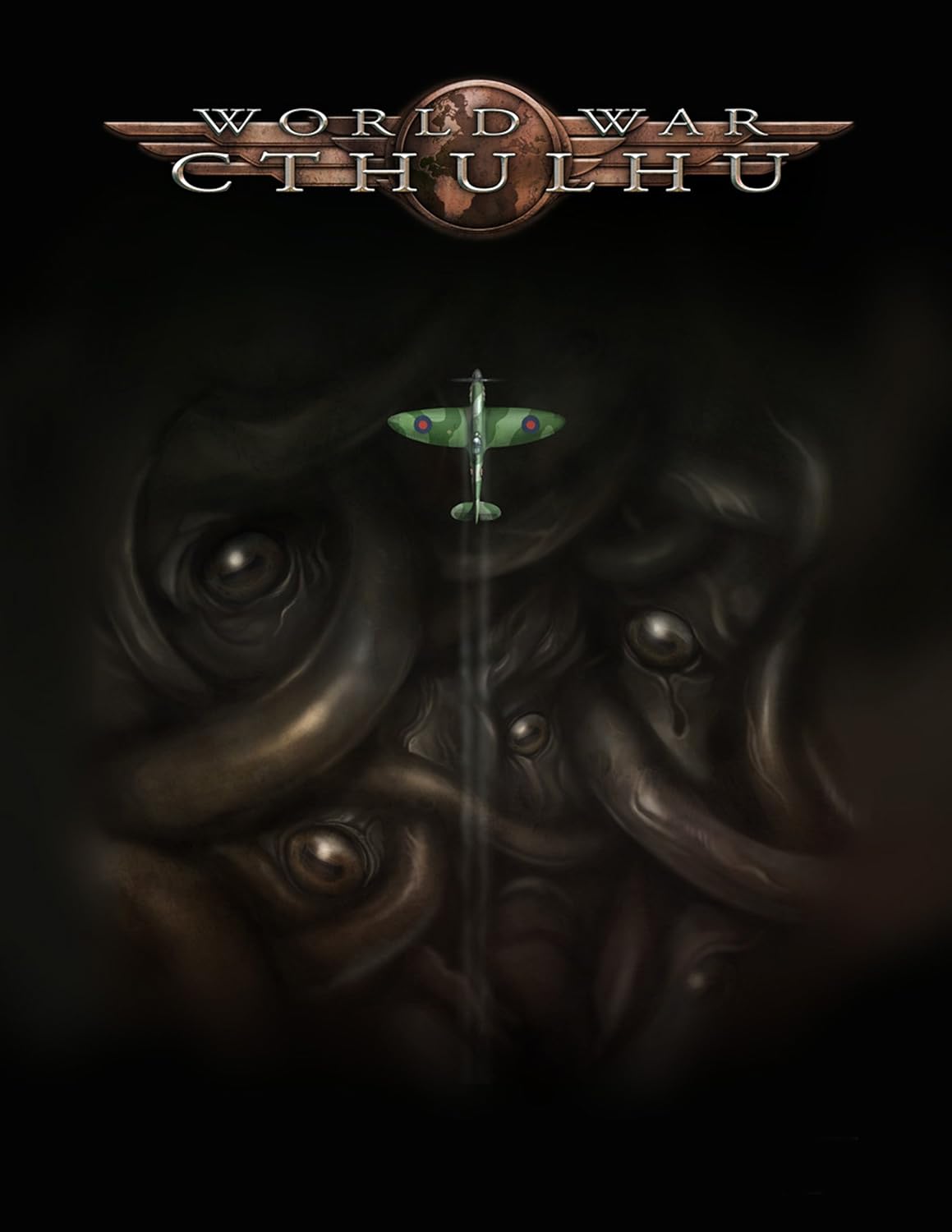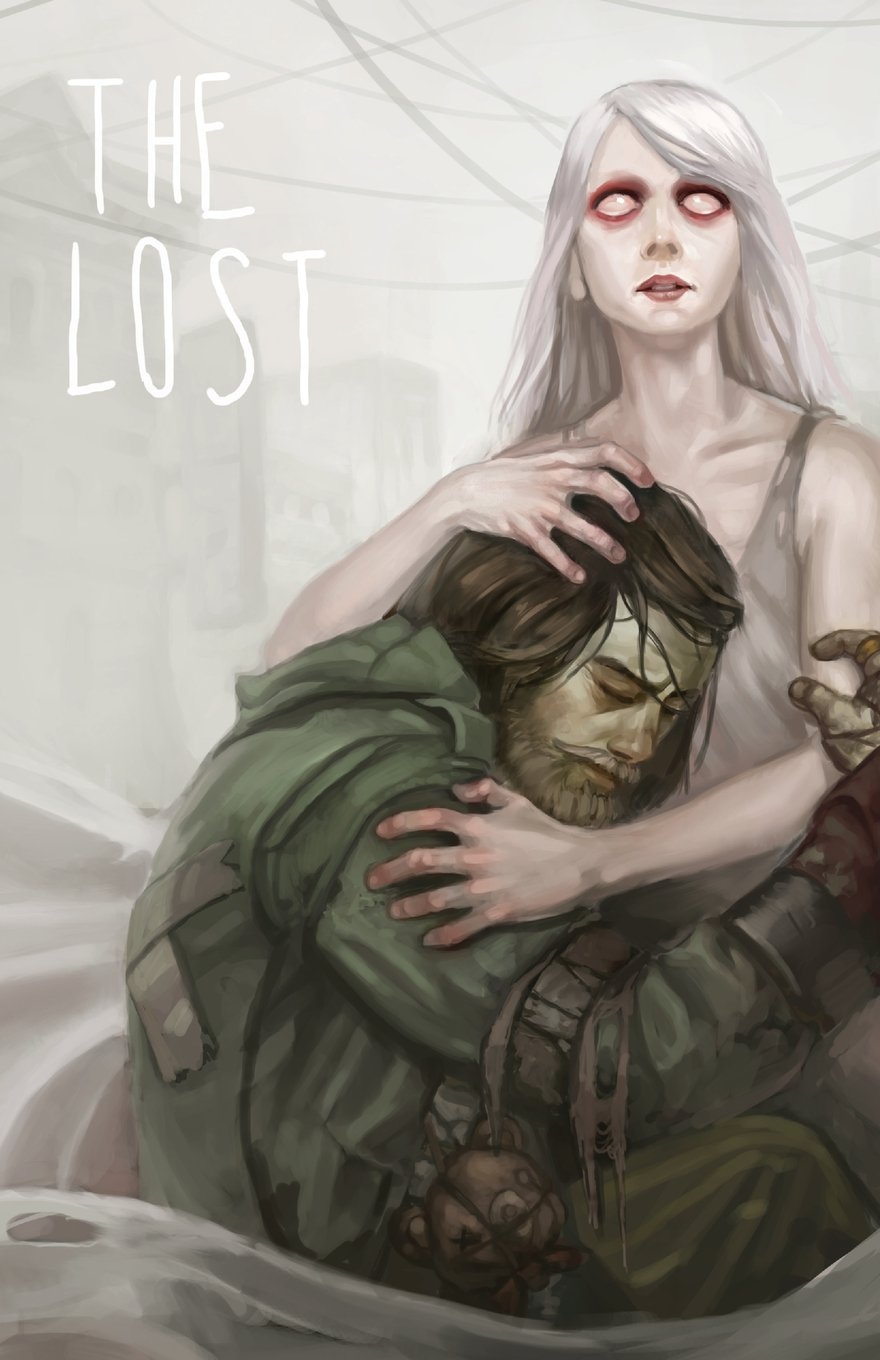Sex and the Seventeenth Millennium
 Thinking and writing about sex, sexuality, and the myriad issues of gender in the Mindjammer universe has been fascinating, and a task nowhere near finished. In the first novel, “Mindjammer“, published on the 26th October 2011, I’ve kept the portrayal of gender and sexuality fairly low-key – most of the characters don’t overtly contravene the prevalent 21st century gender binary, and sexuality is only touched upon indirectly. That’s been part of my general approach in the first novel to concentrate on parts of the Commonality which are more familiar to us as 21st century readers. It seemed to me in writing that so many aspects of life in the Commonality would already be very different from what we know today, that to present all aspects of life as different and divergent all at once might be too distracting. Was I right or wrong? No idea – but that was my approach.
Thinking and writing about sex, sexuality, and the myriad issues of gender in the Mindjammer universe has been fascinating, and a task nowhere near finished. In the first novel, “Mindjammer“, published on the 26th October 2011, I’ve kept the portrayal of gender and sexuality fairly low-key – most of the characters don’t overtly contravene the prevalent 21st century gender binary, and sexuality is only touched upon indirectly. That’s been part of my general approach in the first novel to concentrate on parts of the Commonality which are more familiar to us as 21st century readers. It seemed to me in writing that so many aspects of life in the Commonality would already be very different from what we know today, that to present all aspects of life as different and divergent all at once might be too distracting. Was I right or wrong? No idea – but that was my approach.
Even then, there are parts of Mindjammer where more diverse and multifarious identities and relationships (sexual, gender, or otherwise) can’t help but peep out from between the lines. Jackson Stark clearly has a relationship of some depth with Dizzy, the eidolon personality of his disintegrator rifle, presented as female – bringing an entirely new meaning to the phrase “I love my gun”; Wing, the Mindjammer sentient starship, attracts a great deal of admiring attention from admiring, lesser starships in orbit around Belomor – in Mindjammer, some starships really are sexier than others. Max Proffitt sometimes seems a Captain Jack of the Mindjammer universe, with a long train of more or less furious encounters across the Fringe, including his current best friend, the Rosemary Princess (yup, that’s a ship, too…); relationships between Ayumi Dentassi and her “husband” seem almost totally unbounded; and who knows what Monika Taimanishev does behind closed doors?
The point is, I guess, that when you set out to describe a society thousands of years in the future, so much is bound to have changed unrecognisably that you run the risk of not giving a contemporary reader enough “hooks” to hang his or her sympathies on. Alienness can be very alienating. But at the same time, if you’re going to achieve any kind of verisimilitude, you can’t ignore the fact that you’re describing a civilization which is as different from our own as today’s e-literate world is from our Ice Age hunter-gatherer ancestors. There’s a balance to strike – but not necessarily a balance that is ever going to be at all stable.
In the second Mindjammer novel, provisionally entitled “Transcendence”, I’m giving myself a lot more license to explore the alienness of the Commonality – to “get weird”. Mindjammer has already presented a universe which is freakishly different in so many ways, where physicality is no longer a stable part of identity, death no longer a given, relationships fluid, sexuality free from a biological binary; Transcendence pushes that concept much, much further. We’re going to be taking a look at Old Earth in some detail, and the “weirdness” of the Core Worlds, and also really exploring the implications of being a person, when perhaps the greater part of your early memories don’t even belong to you.
I guess one of the concerns about the upcoming 21st “biotech” century is the increasing role human beings are going to be playing in their own evolution. One of those concerns is the role of sex. On the level of physical and psychological pleasure, it’s hardly likely to die out soon; quite the opposite, even now it’s expanding and blossoming into newer and more complex forms. Sex, if you’ll pardon the expression, has never been so difficult to tie down. On the level of sexual reproduction, things are less clear: many futurists suggest reproduction is going to become a matter of conscious choice and design, with the “randomness” of sexual reproduction playing little part. To me, that sounds disastrous: the random element provided by sexual reproduction seems to be the crowning glory and defining characteristic of life on our planet, and we’d be foolish not to take with us its inherent advantages as we transfer our existences into less physical forms.
In Mindjammer, the society of the Solenine cluster, acting on a misunderstanding of Commonality culture, has chosen to decouple sex and reproduction, with explosive results. But even in the Commonality, the Core Worlds culture continues to promote in vitro reproduction with an ideological fervour, while the Fringe deals with sex and reproduction like it deals with everything – in a chaotic, messy, whirl of clashing “solutions” and ideas. The result: divergence. If sex is no longer necessary to ensure we reproduce, then the last link with biological necessity is severed, and everything is up for grabs. Just how far that divergence goes is something I want to explore in the Mindjammer novels.
Mindjammer is available now in trade paperback and ebook edition from Cubicle 7 Entertainment, Amazon.com, Amazon.co.uk, DriveThru, and hobby and game stores everywhere!
Find out more about Mindjammer at www.mindjammer.com.
































